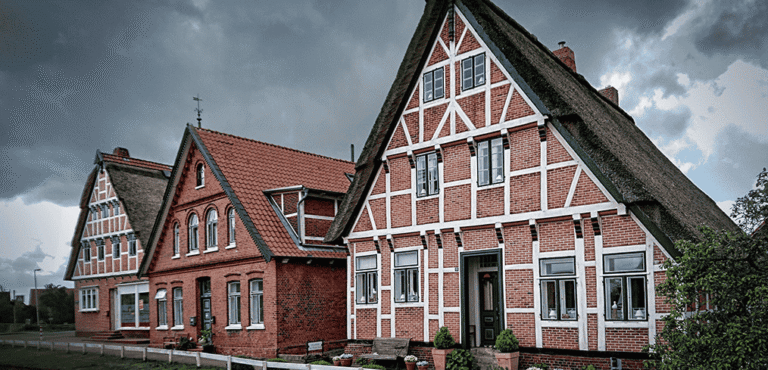It can be more difficult to get a mortgage on a non-standard construction property than a standard one, since many lenders have stricter criteria regarding the properties they’ll lend on. Some high street lenders will lend on certain types of non-standard construction properties but not on others. In the event that you can’t get a high street lender or building society to consider the property you want to purchase, you’ll likely need a specialist lender with criteria that doesn’t distinguish between properties. Specialist lenders require borrowers to use an intermediary like John Charcol. They don’t deal directly with borrowers.
Another challenge with getting a mortgage for a non-standard construction property is that all lenders require that you have buildings insurance on a property before agreeing to lend. And securing insurance on a non-standard property comes with its own challenges.
Finally, most specialist lenders will often require a higher mortgage deposit and may charge a higher interest rate. This can obviously make securing a mortgage more difficult as you’ll need to meet additional criteria.
If you manage to secure a mortgage on a non-standard construction property from a high street lender or building society, the deals won’t be as expensive as those from a specialist lender. The criteria may vary from the criteria for products available on standard properties, and they may require a larger deposit.


